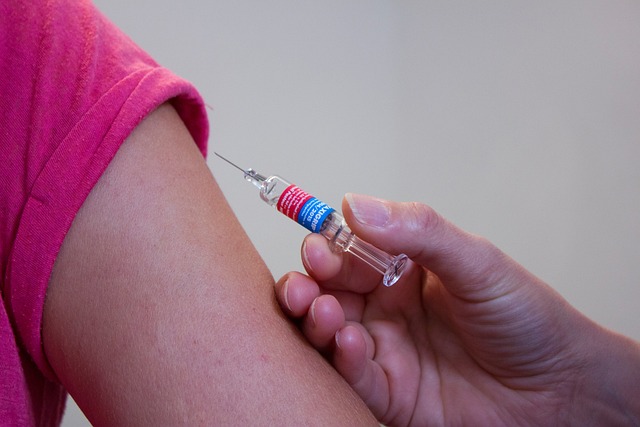Strengthening Children’s Immunity Naturally

Contents
Strengthening Children’s Immunity Naturally: A Comprehensive Guide
As parents, ensuring the health and well-being of our children is a top priority. One of the key aspects of maintaining their health is boosting their immune system. While there are various ways to achieve this, opting for natural methods can be effective and safe. In this comprehensive guide, we’ll explore natural methods to strengthen children’s immunity and promote their overall health.
1. Balanced Nutrition
A balanced diet rich in vitamins, minerals, and antioxidants is essential for a strong immune system. Encourage your child to consume a variety of fruits, vegetables, whole grains, lean proteins, and healthy fats. Foods such as citrus fruits, berries, spinach, broccoli, yogurt, nuts, and seeds are particularly beneficial for immunity.
2. Prioritize Sleep
Adequate sleep is crucial for the proper functioning of the immune system. Ensure that your child follows a consistent sleep schedule and gets the recommended amount of sleep for their age. Create a calming bedtime routine and limit screen time before bed to promote quality sleep.
3. Regular Exercise
Physical activity not only contributes to overall health but also boosts the immune system. Encourage your child to engage in regular exercise and outdoor play. Activities like biking, swimming, dancing, and sports can be both fun and beneficial for their immunity.
4. Manage Stress
Chronic stress can weaken the immune system, making children more susceptible to illnesses. Teach your child stress management techniques such as deep breathing, meditation, yoga, and mindfulness exercises. Create a supportive environment at home and encourage open communication to help them cope with stress effectively.
5. Sun Exposure
Moderate sun exposure is important for vitamin D synthesis, which plays a key role in immune function. Allow your child to spend time outdoors, especially during the early morning or late afternoon when the sun’s rays are less intense. However, remember to apply sunscreen to protect their skin from harmful UV rays.
6. Herbal Remedies
Certain herbs and botanicals have immune-boosting properties and can be used safely for children. Examples include elderberry, echinacea, astragalus, and garlic. Consult with a healthcare professional or herbalist to determine the appropriate dosage and form for your child.
7. Hygiene Practices
Good hygiene habits are crucial for preventing the spread of infections. Teach your child the importance of handwashing with soap and water regularly, especially before meals and after using the restroom. Encourage them to cover their mouth and nose when coughing or sneezing and to avoid touching their face with unwashed hands.
8. Limit Sugar and Processed Foods
Excessive consumption of sugar and processed foods can suppress the immune system and increase the risk of infections. Minimize your child’s intake of sugary snacks, sodas, and processed foods high in unhealthy fats and additives. Instead, opt for whole, nutrient-dense foods that support immune health.
9. Probiotics
Probiotics are beneficial bacteria that promote a healthy gut microbiome and support immune function. Incorporate probiotic-rich foods such as yogurt, kefir, sauerkraut, and kimchi into your child’s diet. You can also consider giving them a high-quality probiotic supplement under the guidance of a healthcare professional.
10. Lead by Example
Finally, lead by example and prioritize your own health and well-being. Children learn by observing their parents, so make healthy choices together as a family. By adopting a holistic approach to health, you can set a positive example for your child and empower them to make healthy choices for life.
In conclusion, strengthening children’s immunity naturally involves adopting a holistic approach that encompasses nutrition, sleep, exercise, stress management, sun exposure, herbal remedies, hygiene practices, dietary choices, probiotics, and parental role modeling. By implementing these natural methods, you can help support your child’s immune system and promote their overall health and well-being.










